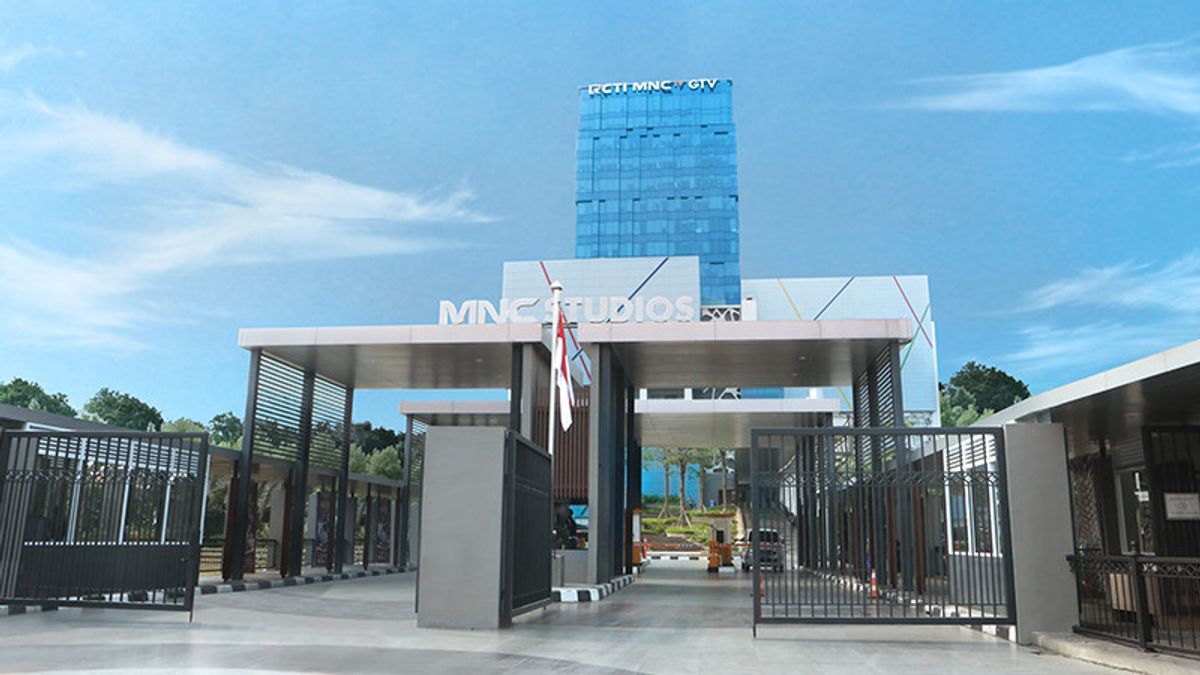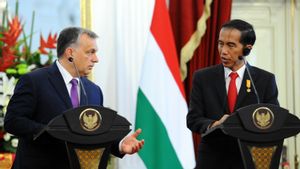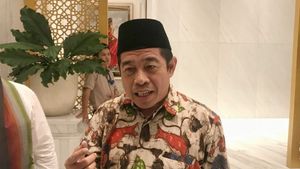JAKARTA - Today, 33 years ago, August 24, 1989, President Soeharto opened the inauguration of the broadcast of Rajawali Citra Televisi Indonesia (RCTI). The inauguration was phenomenal. In fact, it is remembered in history. Because, RCTI became the first private television to be present in Indonesia. The leader of RCTI is Suharto's own son, Bambang Trihatmojo who works closely with Hendri Pribadi. The presence of the Cendana Family in the television world increasingly shows its dominance in the domestic business world.
The appearance of the Cendana Family – Suharto's wife, children, and even son-in-law – in the country's business map cannot be underestimated. Suharto's big name became his family's invitation to get strategic projects. Nothing is impossible for the Cendana family.
They can do any business. The path is wide open. Just carry Suharto's name, all kinds of open access. The country's banks then readily provide large capital loans.
Suharto knows the traces of the business run by his family. He did not care about the emergence of criticism from here and there. The Smiling General even approved the business activities of the Sandalwood Family. There's only one message. If the family is not worthy, then do not give way. However, when his family deserves to be in business, then there is nothing wrong.

Elite officials did not dare to oppose President Suharto's orders. Instead of orders, everything that carries Suharto's name is difficult for them to refuse. For this reason, the Cendana Family is able to establish its power in the country's strategic business. From oil to banking.
“Soeharto and his children then planted their nails in a very strategic business. That is starting from toll roads, oil, banking, television, to billboards. Eh, this is not only in Jakarta, but also throughout the country."
"Because they are the children of the number one person in this country, they automatically win every tender which is also open to the public. In 1999, an Australian business consultant, Michael Backman, noted that at least 1,251 Suharto family companies were involved in collaborating with 66 multinational companies,” said Femi Adi Soempeno in the book They Betray Me (2008).
The Cendana family business has also penetrated into television in the country. Bambang Trihatmojo is behind it. He and his colleagues wanted to initiate the first Indonesian private television. RCTI, the name.
Bambang's wish was immediately approved by his father, Suharto. Support is also provided. RCTI began conducting trial broadcasts on November 13, 1988. RCTI was officially inaugurated on August 24, 1989. It was President Soeharto who inaugurated it at the RCTI Studio, Kebon Jeruk, Central Jakarta.

“The more direct control of the media by Cendana's family and cronies is evident on television and radio. The first private television operating in 1989, RCTI, was controlled by Bambang Trihatmojo and a businessman close to Suharto, Henry Pribadi. Suharto's half-brother, Sudwikatmono and his son-in-law Halimah Trihatmojo controlled SCTV. The TPI which started operating in 2000 with transmission facilities from TVRI is controlled by Siti Hardiyanti Rukmana (Tutut).”
“A number of Suharto cronies, Liem Soei Liong, received Indosiar licenses and Golkar figures Agung Laksono and Aburizal Bakrie controlled ANTV. While in the radio sector, Tutut also exerted a great influence by serving as Chairman of the National Private Broadcasting Radio Association (PRSSNI) from 1989 to 1998," explained Rully Chairul Azwar in the book Political communication of the Golkar Party in Three Eras (2009).
The English, Chinese, Japanese, Arabic, and French versions are automatically generated by the AI. So there may still be inaccuracies in translating, please always see Indonesian as our main language. (system supported by DigitalSiber.id)









